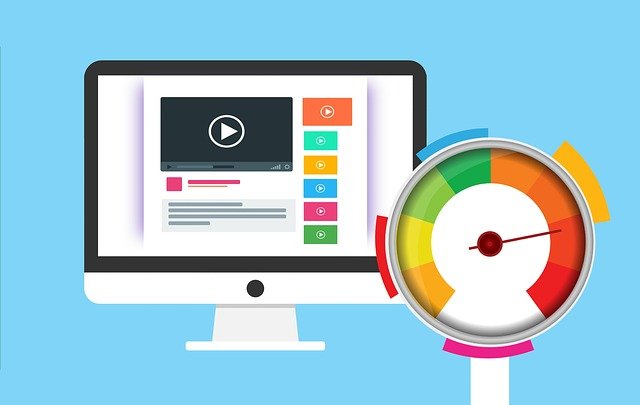Following research, it was found that 50% of the users expect the website to load within less than two seconds. If the site takes longer than that to load, then they tend to leave the site. Of course, this may not seem like a big deal to you. However, approximately seventy-eight percent of the online shoppers who have experienced any issue with the website’s performances do not revisit the website. Of this number, approximately forty-four percent of them share this experience with their friends or colleagues.
Further, the research also showcases that only a second delay in page load can lower your conversion rate by up to seven percent. So, this implies that with a slow loading website, you lose money and customers. Now, what are the possible reasons for a slow loading website? Let us find out. 
Network problem
‘Firstly, when a website loads slowly, the first possible reason for it could be a slow local network,’ comments Janet, an educator who offers assignment help Australia online services.
Well, we agree with Janet on this. The best way to determine whether your network is causing the slowness of the website is by checking for another website. If the second website also takes time to load, then the problem is not in the website but rather your network. On the other hand, if the other website loads fast, then the problem is with the website.
So, the plan of action is to run a traceroute from your computer to the server. It will help you understand the network jumps between the server and the website and the duration the connection takes to go through every section. For testing this, you need to Google the traceroute code required for your computer and then put it across your computer’s command prompt.
Alternatively, you can even ask your friends or family to use a different network to check the loading time. If it loads fast for them, then it could be a network issue.
Way too many ads
Of course, ads are a great way to monetize your website with heavy traffic; having too many ads can slow down your website. More ads require additional HTTP requests, and their impact on the page load speed is not good. Ads with rich media are awful for your website. With pop-unders, auto-downloads, pop-ups, and interstitials clogging up a website, the website takes longer to load.
JavaScript Issues
The presence of jQuery or JavaScript has made it convenient to add dynamic content to the websites.
‘If not implemented right, JavaScript can cripple the load time of a website,’ points out Zac, an online precalculus tutor.
Well, yes, naturally, it takes a lot of time for the JavaScript and jQuery to be executed, interpreted, and loaded. If you are employing multiple API calls to render JavaScript/jQuery data, the loading time is longer.
Please bear in mind; the script bloat is real. Hence, you need to regularly audit JavaScript scripts to ensure that you only have what you need and remove the excess.
Too many plugins and widgets
If you have a WordPress website, you can customize it easily with plugins and widgets. Unfortunately, these plugins and widgets can slow down the page load time. More the number of widgets or plugins, the slower your website gets. Hence, ensure that your website only has the plugins it needs.
Lots of elements on the page
Back in 2015, the page size typically was 2MB. It increased to 2.3 MB in 2016, and every year hence, it was only increased. Now, what do these MBs hold? The page size is directly impacted by the stylesheets, HTML, scripts, images, and the other page elements. If you have several elements, the page takes longer to load. This can slow down the website. So, what’s the solution? Reduce the overall elements per page. You can also lower the size of the elements. See if you can achieve the desired effect with lesser elements, videos, or pictures.
Lots of traffic
‘At times, you receive a lot of traffic on your website, and this can slow down your website,’ comments David, an educator who offers statistics homework help services.
At the present level, your web server can accommodate only a limited number of people at once. You can understand this as the queuing in the shop. When more people walk into the shop, the shop owner will take some time to serve you. Not just that, but the shop also requires extra resources to help. They want additional staff from the back to ensure that everyone gets served in time. But now, even the blackened stuff has slowed down. The same thing happens with your website. Your server tries to manage the additional traffic, but if the traffic is a lot more than it can manage, it will naturally slow down.
Not updating WordPress
Of course, it is annoying to have WordPress demand for updates frequently, but it is quintessential to ensure that your CMS is updated. If not, it won’t be able to function at an optimum capacity, and your website will slow down. It is where plugins, such as MalCare, come in handy. They provide you with comprehensive security protection for your site and help you manage the updates effortlessly.
So, these, are the top seven reasons for a slow-loading website.
